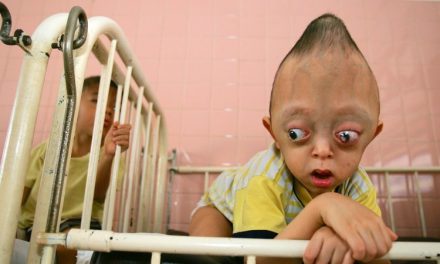Sadly, most miscarriages are unpreventable and unexplained. So, when it comes to preventing pregnancy loss, couples– and their doctors– are often faced with more questions than answers. That has led to advice that’s constantly changing about what you should or shouldn’t be eating, drinking or doing.
A new study published in Fertility and Sterility, has looked at caffeine intake and multivitamin (in both Mom’s and Dad’s) use and found some promising things. Studying 344 heterosexual couples who became pregnant, they used home pregnancy tests to track their pregnancy and then agreed to keep daily journals of how much they smoked, how much alcohol they consumed, and how much caffeine they drank- (and self-reports can be open to bias) beginning before they got pregnant until they got a positive pregnancy test.
Of those in the study, 28% miscarried. However, women who took multivitamins daily, regardless of their caffeine intake, saw a 55% lower risk of pregnancy loss than those not taking vitamins (the CDC recommends women take multivitamins containing folate to lower the risk of neural tube defects).
From the Time article:
“When it comes to preventing miscarriages, there’s a lot of ‘don’t do this’ and ‘don’t do that,’” says Katherine Sapra, a post doctoral fellow at the National Institute of Child Health and Human Development and a co-author of the study. “There’s not a lot of what women can actually do to reduce their risk. Here we find that women can basically halve their risk of miscarriage by taking a vitamin every day.”
The researchers looked at caffeine as well; for a long time, it was believed that it could influence the ability to remain pregnant but many of those analyses have been disregarded. In fact, many doctors now say that up to four cups of coffee a day is totally safe for a woman in any stage of her pregnancy. However, the new research suggests- but does not prove- that more than two cups of a caffeinated beverages a day might increase miscarriage risk.
After taking age into account, researchers found that the amount of caffeine that each partner drank daily had the strongest connection to pregnancy loss. This suggests caffeine may increase risk for pregnancy loss, although it’s still unclear how. And, there were other factors that the researchers didn’t consider (independent of the caffeine) like exercise, their overall diet, nightly sleep, and how much stress and anxiety they carried during pregnancy. Any of those things could have influenced miscarriage more strongly than caffeine.
The team stress that their findings don’t provide a definite prescription for a healthy pregnancy, but rather suggest what might be good practice to avoid miscarriage and stay pregnant.
Source: Time












